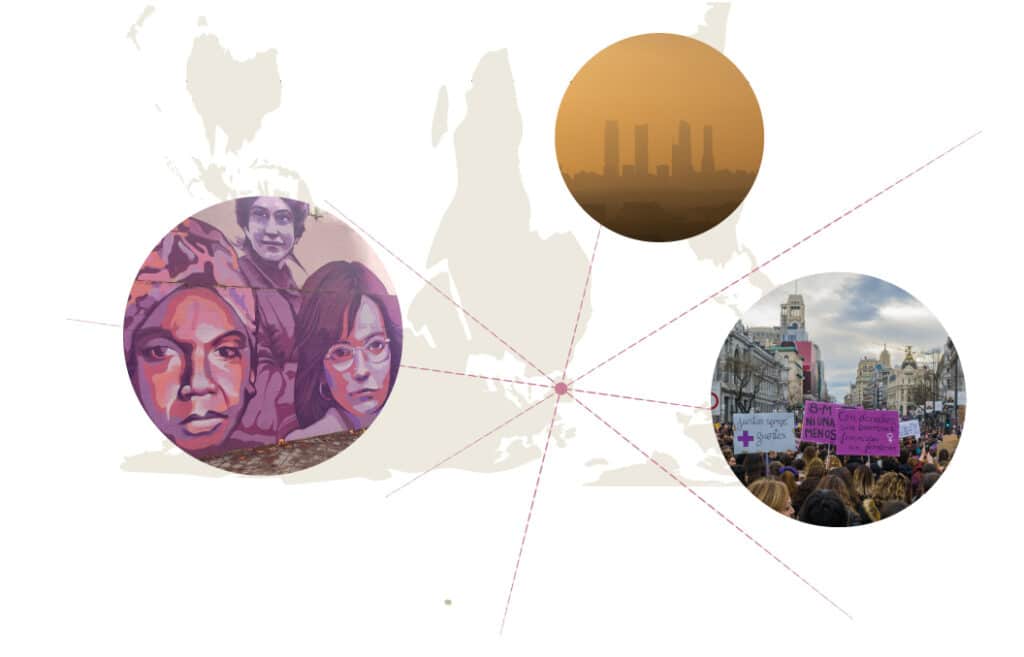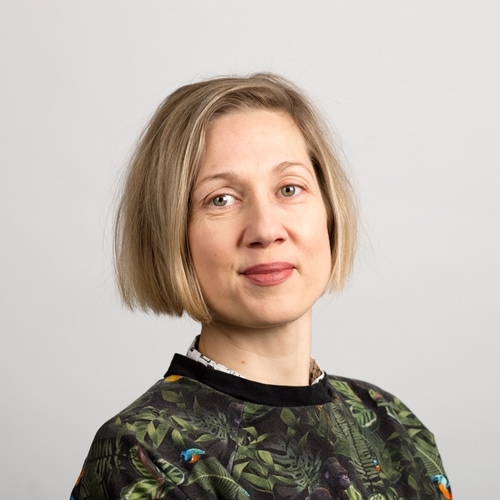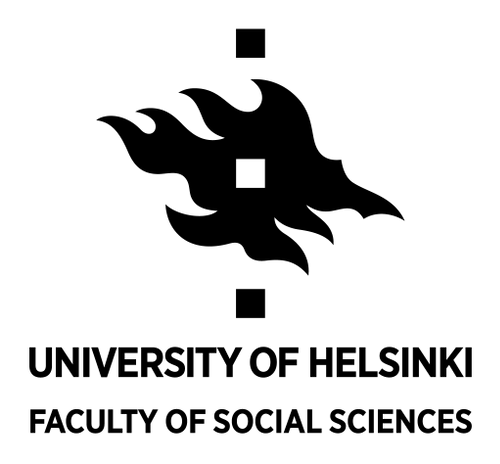We will be hosting the panel FERMENTATION FUTURES: MULTIPLICITIES, MICROBIOMES, MAKING in the upcoming EASST Conference, to be celebrated 6-9 July 2022 in Madrid, Spain. The deadline for submission is February 1, 2022. Find the abstract of the panel below. The theme of the conference is ‘Politics of technoscientific futures’ and more information on EASST 2022 and the programme can be found here.
Panel abstract
Fermentation, microbes and microbiomes. At first glance, it would seem that these three domains arrange themselves in a linear manner—that we use microbes in fermented produce to secure a healthy gut. In this frequently and publicly repeated framing, microbes are a lively and technoscientific prosthesis, such that the doings of fermentation aim to optimise the endgame of human thriving. By focusing on the outcome, ferments become literal elixirs to restore off-kilter gut microbiomes and, with it, the responsibilisation of the individual reinforces a healthist approach to fermentation (as in the sentiment, “eat this, not that, because it’s good for your microbiome”).
Instead of a narrow focus of optimisation, this panel puts fermentation practices, the gerunds, the making, as the analytical focal point. Focusing on practices with microbes during fermentation processes brings attention to the multiplicity of microbes (not their singularity) and renders our relationships to them contingent (not causal). Whether or not we are aware of their presence, microbes are unruly and mobile, mingling and traveling across multiple microbiomes in ways that continue to surprise us. Consider, for example, how there is a stronger correlation between the hand microbiomes of bakers and the microbial communities of their own sourdough starters than there is between different sourdough starters. This suggests that microbiomes are always plural, often overlapping, and perpetually on the move.
While the gut microbiome receives considerable recognition, bodies are in and enhabit various other microbial worlds, animating biomes including the skin microbiomes, vaginal microbiomes, oro-nasal microbiomes, the microbiomes of other species, and the microbiomes of soils, waters, and landscapes. Instead of referring to “the microbiome” as a placeless consortia of microbes, this panel focuses on the specificity of how certain microbiomes come to be through fermentation—with naming and defining to be themselves political acts. Along with the democratisation/revalorisation of fermentation knowledge, the rapid increase in scientific knowledge about microbiomes ushers in analytical questions pertaining to what microbes are, and what apparatuses (physical and conceptual) we can use to make sense of microbiomes in-the-making via fermentation.
How and in what configurations do the practices of fermentation and microb(iom)es come together? How might we think about the relationship between microbiomes and fermentation, as well as their co-implicated futures? What heuristics (e.g. nesting dolls, fractals, weaving into each other) might be useful in thinking about the processual transformations that fermentation and microbiomes co-create? These questions shift the thinking of human-microbe relations from instrumentalisation towards response-ability, becoming-with, and withnessing.
This panel invites presentations that critically and creatively examine the practices that connect microbiomes and fermentation. Focusing on the gerunds—the active doings—asks us to keep the socialities of humans, microbes, and environment in motion. Whereas optimisation rhetoric tends to rely on static snapshots of causality (if this, then that), gerunds like chopping, kneading, bubbling, as well as designing, attuning, repurposing force us to pay attention to processes instead of outcomes.
Please send your abstract (max 300 words) using the EASST submission system by 1st of February 2022. To submit to our panel, select panel code/title ‘9 – FERMENTATION FUTURES: MULTIPLICITIES, MICROBIOMES, MAKING’ when submitting your abstract.
We look forward to reading your submissions!
Convenors:
Maya Hey (Colorado State University)
Salla Sariola (University of Helsinki)



